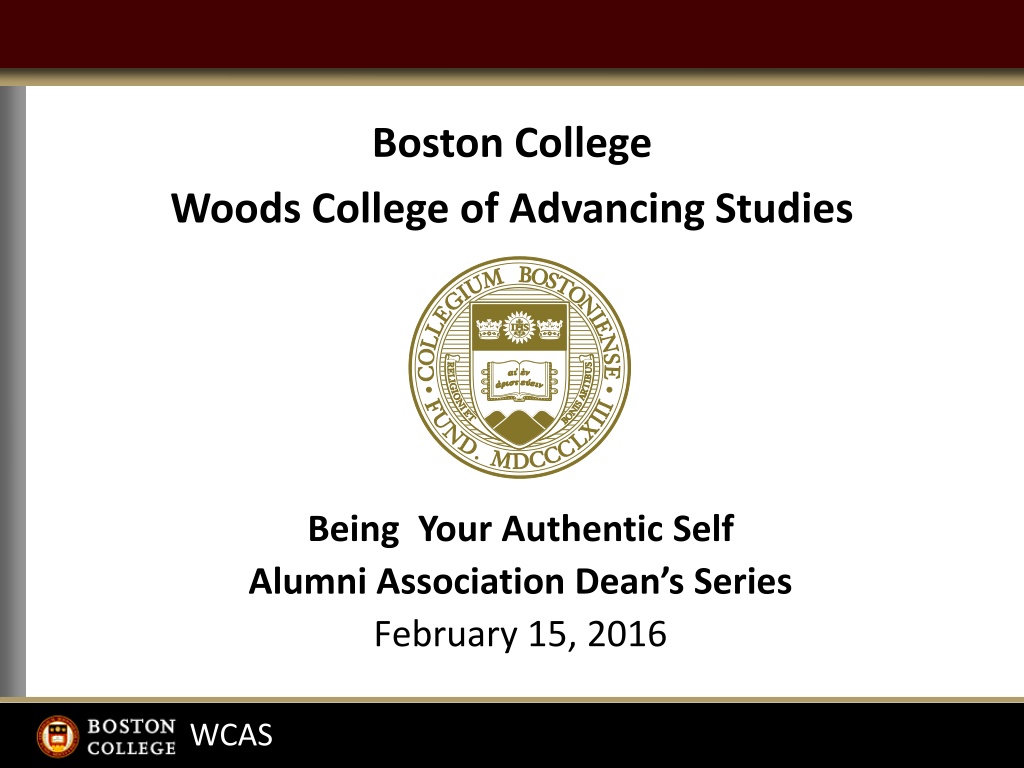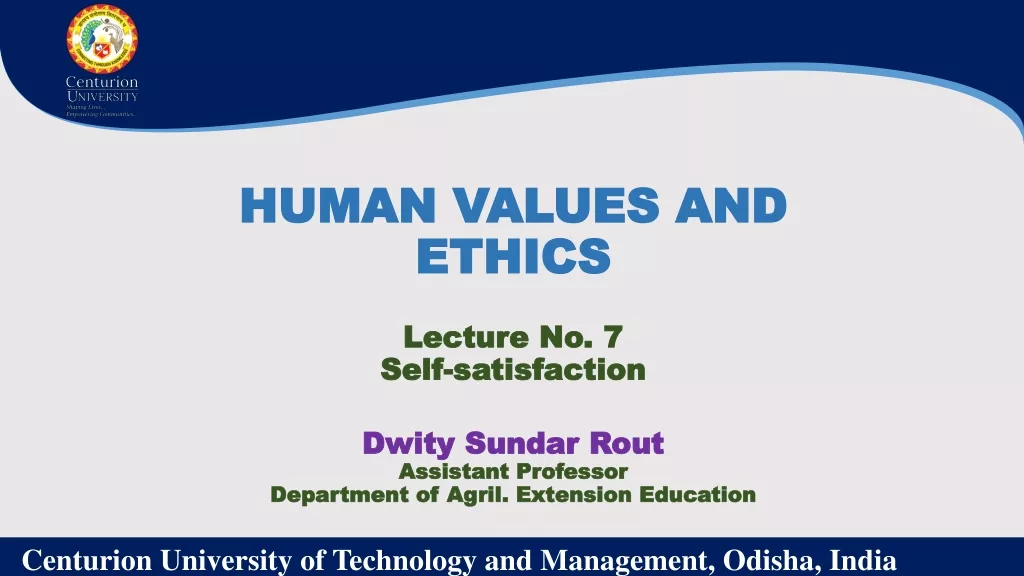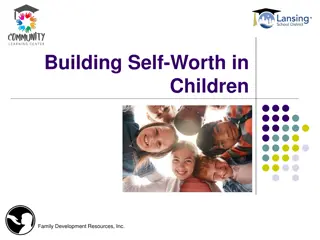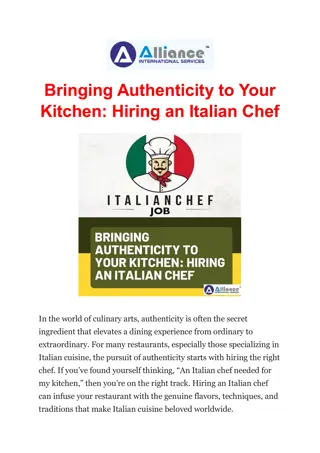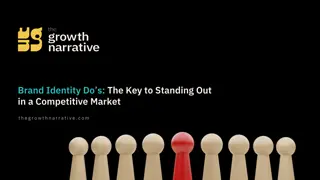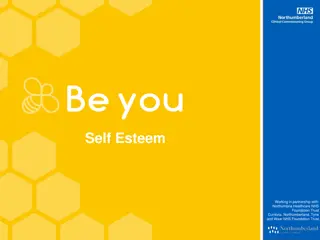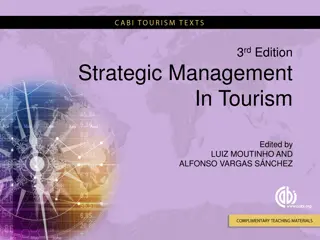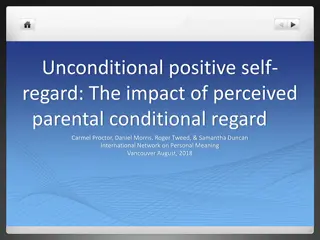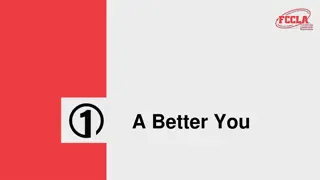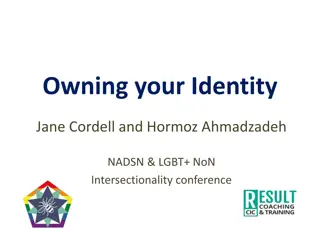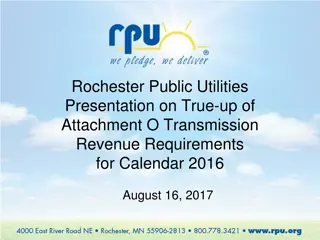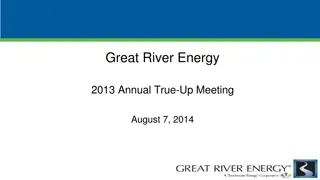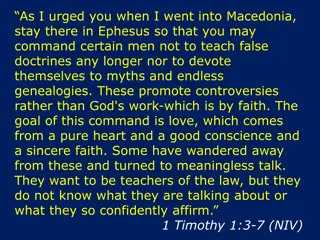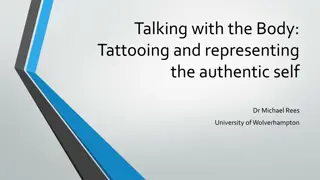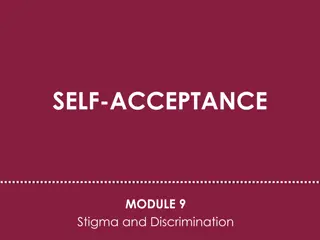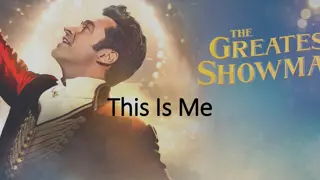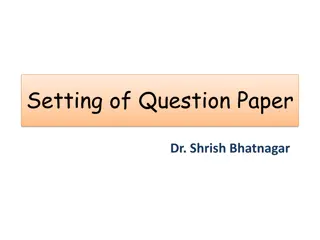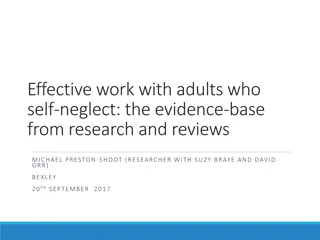Authenticity: Embracing Your True Self
Delve into the concept of authenticity and what it means to be your true self in a world filled with external pressures. From insights by psychologists on self-awareness and ethical action to philosophical perspectives on individuality and existentialism, discover how being authentic relates to personal growth and self-esteem.
Download Presentation

Please find below an Image/Link to download the presentation.
The content on the website is provided AS IS for your information and personal use only. It may not be sold, licensed, or shared on other websites without obtaining consent from the author.If you encounter any issues during the download, it is possible that the publisher has removed the file from their server.
You are allowed to download the files provided on this website for personal or commercial use, subject to the condition that they are used lawfully. All files are the property of their respective owners.
The content on the website is provided AS IS for your information and personal use only. It may not be sold, licensed, or shared on other websites without obtaining consent from the author.
E N D
Presentation Transcript
Boston College Woods College of Advancing Studies Being Your Authentic Self Alumni Association Dean s Series February 15, 2016 WCAS March 2007 | 1
Introduction I want to be my AUTHENTIC SELF? But what do we mean when we say that? Masquerade! Paper Faces on Parade, Every Face a Different Shade, Hide your face so the world will never find you. Lloyd Webber WCAS March 2007 | 2 2
What the Psychologists say. Positive Psychology Dr. Martin Seligman: cultivating strengths and virtues Focusing on meaning and purpose Organizational Psychology Four Pillars Self Awareness Relational Transparency (Genuineness) Balanced Processing (Fair Minded) Internalized Moral Perspective (Ethical Action) Analytical Psychology Making conscious what is unconscious to us Working through the tendency toward self denigrating Working through tendency to giving in to urges/drives 3 WCAS March 2007 | 3
And the Philosophers Existentialism degree to which one is true to one's own personality, spirit, or character, despite external pressures . Sartreresist the pressure to appear to be a certain kind of person, the pressure to adopt a particular mode of living, the pressure to ignore one's own moral and aesthetic objections in order to have a more comfortable existence Nietzche elevates himself over others in order to transcend the limits of conventional morality in an attempt to decide for oneself about good and evil, without regard for the virtues Music philosophy of various subculture be that subculture jazz, hip hop, punk, house, techno or show tunes, being authentic in this sense is the opposite of being a poser or try hard Soren Kierkegaard the authentic person, must make an active choice to surrender to something that goes beyond comprehension, a leap of faith into the religious. 4 WCAS March 2007 | 4
Authenticity in reality inverse correlation between one s sensitivity to what others think of them and the ability to be authentic. Very often, our actions in a given moment are intended to avoid certain consequences. And so we alter or mitigate our communications or behavior These tendencies diminish our authenticity and they constrain our growth and self-esteem. Schwartz, LICSW Movement from: what was once a suspicion of one's inner voice or internal narrative in favor of some external objective good as the standard to live by to a focus on personal feelings as the guide to right and wrong coupled with the inner moral authority of some pure inner voice found in each person s unique inner self . Brooks Road to Character 5 WCAS March 2007 | 5
Another approach Judeo-Christian, Jesuit Environment environment that asks of us to be reflective and discerning, but also persons of decision and action self-in-relationship, self as it appreciates the world and Other. lens is a faith stance, i.e., that our deepest, truest beliefs, our thirsts and hungers are in relation to and in communion with one another and the ultimate Other, God we are faced by the overwhelming nature of caring while being challenged by the world around us, frequently without feeling the support we need to live that authentic self. 6 WCAS March 2007 | 6
Where we are at today Vs Know Thyself Subjectivism takes something about every human being i.e., unique and unrepeatable, and emphasizes to point of distortion but failing to emphasize the complementary truth that every individual is part of a larger community; personal identity comes from both self and community Objectivism that human knowledge and values are objective: they exist and are determined by the nature of reality, to be discovered by one's mind, and are not created by the thoughts one has 7 WCAS March 2007 | 7
Know Thy Self Self-knowledge is achieved through studied awareness of activities one engages in, first and foremost, through the workings of our minds genuine self-knowledge is not only possible but attainable learn how to be keen and judicious observers of ourselves self-knowledge through relationship i.e., we observe the world, others with whom we interact; through our relationships. aspects of the truth about ourselves revealed we weave what we observe into how we reflect upon it and act. How St. Ignatius came to a deeper understanding of his call, his vocation, and to a deeper spiritual life 8 WCAS March 2007 | 8
Fuller Self knowledge To live more fully into a life of virtue leads to happiness. How do we attain to such virtue? Virtue is: enabling capacity which allows us to act well on a consistent basis. First a permanent possession; Second, put in place only after dedicating a consistent effort on our part Formed by habitually acting in accord with the virtue we want to develop. (Good moral habits) 9 WCAS March 2007 | 9
Temperance Example Triggering Events Reflection Creating a strategy ahead of time TEARS Thoughts Emotions Actions Reactions (positive and negative) Strategy 10 WCAS March 2007 | 10
For All and For the Christian For ALL Practice of virtue requires the capacity uniquely human REASON to come to know ourselves, to reflect, to discern the choice of action, to act in accord with that reflection on what is morally good, causes us to be happy we will be performing human good and doing so in a thoughtful, continuous way. For the Christian, it will be a life lived in a way that offers an answer to makes for a meaningful life in a particular way? (Rohlheiser) What The principle runs through all life (Lewis) Give up yourself, and you will find your real self. Keep back nothing in the practice of Virtue You will be your truest you. You will be happy. You will be whole. You will be AUTHENTIC. 11 WCAS March 2007 | 11
